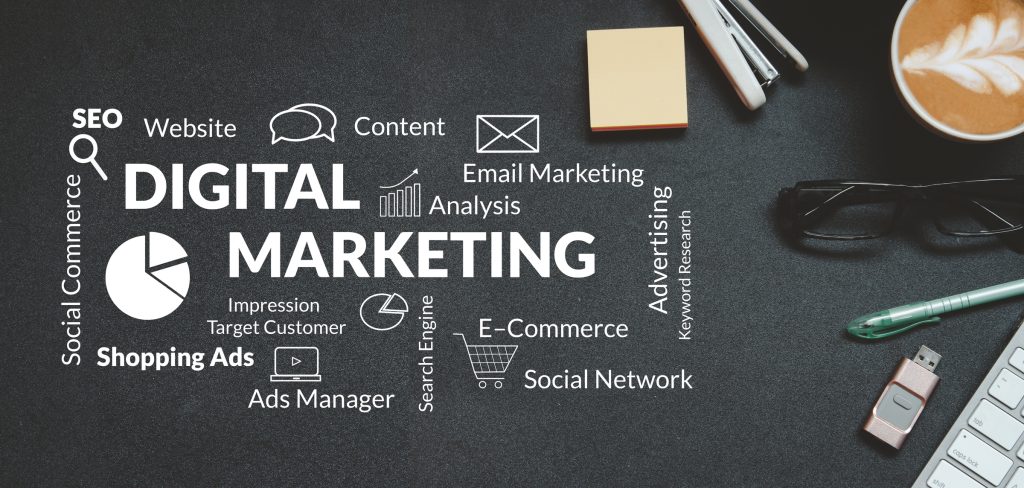However, your digital resume is less stellar. In fact, it’s telling a completely different story than what your colleagues have to say about you.
When someone Googles your name, you want them to see all of your accomplishments and important points on your resume. The last thing you want is for your future employer to find an inflammatory rant in a Reddit thread, a criminal history, or a social media account with questionable posts.
Like it or not, potential employers will Google you. So, if your online reputation is out of sync with your real life, it’s vital to take action to ensure it tells the story you want others to see. Below, I’ll cover the most important things you can do to improve your personal brand online, from expanding your digital footprint, to burying negative search results.
Google Yourself
With nearly 8 billion people on earth, you’re bound to share your name with someone. When Googling yourself, it’s easy to ignore the results that are not tied to you. However, if you’re not closely analyzing your own search results you might miss a critical component that could hurt the outcome of your job search. Whether it’s an apparent criminal record or an outspoken comment on social media, recruiters are trained to identify these sorts of things. Paying close attention to your own search results could easily make or break your potential opportunity.
Here are a few things a hiring manager will look for when they Google your name:
- Professional headshots: Nailing a first impression is critical in the hiring process.
- A personal brand online: Having a notable digital footprint will make it easier for the recruiter to classify whether you’re a good fit for the potential employer’s company culture or not.
- Qualifications: Can you back up the bullets on your resume? According to Glassdor, 96% of recruiters use Linkedin to seek out appropriate candidates.
Now that we have a bit more of a foundation, let’s start building your personal brand.
Fix Things You Can Control
Knowing recruiters will comb through your search results upon receiving your application, it’s important you fix the issues in your control before sending in your resume and cover letter. If you know there might be some questionable Facebook photos lingering on the world wide web, or other types of content you’re not too proud of, going to the source directly and removing it is in your best interest.
Examine all of your social profiles and personal websites for controversial content, and make sure to update your profile photos and bios to reflect how you’d like others to view you. Remember, first impressions matter and taking time to to clean up your accounts is worth it.
It’s also a good idea to look at any old reviews or comments you may have left that go overboard with criticism. If you’re not able to delete them, you should at least tone down the rhetoric in case a recruiter finds them.
Bury Negative Content You Can’t Control
Let’s face it, the internet is a big place. There’s likely to be plenty of unfavorable content that you simply can’t remove. It may not belong to you, or even be about you. But, if there’s any chance that a recruiter might associate something undesirable with you, you need to take action.
There’s really only one thing to do if you can’t delete something that appears negative, and that is to bury the negative content deep in Google’s search results. However, pushing negative search results off the first page of Google isn’t an easy feat. You’ll need to create and amplify great content in order to establish a credible personal brand online. Here are the top 3 things you can do to start:
Expand Your Social Media Presence
Use more than one social media platform. Don’t worry, you don’t need to scramble and create profiles on dozens of obscure networks. However, it’s preferred to have a presence on these top social media platforms: LinkedIn, Twitter, Facebook, Instagram and Pinterest.
These profiles rank at the top of Google for name searches, so they’re a great tool for building a strong brand online. Even if you don’t plan to use them every day, you should at least have a bio and a core repertoire of content that showcases your interests, knowledge and personality. That’s especially true if someone else shares your name and their social profiles are less than professional. It’s also important to use effective hashtags on your posts to capture the audience you desire.
Own Your Own Domain
If you’re an executive, it’s recommended that you have a personal website. Think of it like an interactive digital resume, or a table of contents that houses your online presence and noteworthy accomplishments. Your website can be as simple as a homepage, about page, resume and contact page. Your own website should be reflective of your professional side while allowing it to own some of your search real estate.
However, if you’re more ambitious and maybe a little more tech-savvy, you could add your videos to the website, or even establish a news feed for your bylines.
When you choose a domain, try to register one that contains your name in the URL. This will help it rank better in Google. For instance, if your name is John Smith, and that’s already registered, try using thejohnsmith, or johnsmithonline… you get the idea. These are examples of what’s known as an “exact match domain,” and they tend to rank better than generic domain names.
Create Thought Leadership Content
Bylined articles and videos help you build a strong online reputation in two ways. First, they back up the lofty claims you make in your resume by showcasing your knowledge. Second, they’re a great way to occupy space in your search results, which helps suppress anything negative that tries to take root.
Thought leadership can take many forms. You could do anything from creating a YouTube channel recording your thoughts, to identifying top publications in your industry and writing actionable content for their readers.
Whatever you do, make sure you use your full name in bios and descriptions so that Google knows to show them when people search your name. It’s also a great idea to link out to your social media accounts, blog or website from any publications you write for which can help those pages rank better in your search results.
Think Long Term
Don’t think about your personal brand online as a one day project. Instead, view it as a consistent work in progress. You may have no intention of leaving your current employer; however, it’s best to be prepared in case you ever need to jump back into the job market. Plus, given the way this year has panned out and the shift to a more digital lifestyle, creating an online portfolio and expanding your digital footprint is practical.
In order to grow your personal brand online, it’s important to follow what we’ve discussed in this article. Make sure to Google yourself often to ensure nothing out of the ordinary has surfaced, leverage social media along with your credentials to connect with industry influencers and showcase your skills and talents, and participate in thought leadership content opportunities that build trust and emphasize your expertise. By getting in the habit of doing these simple steps, your personal brand will be in perfect shape to set you up for success.








